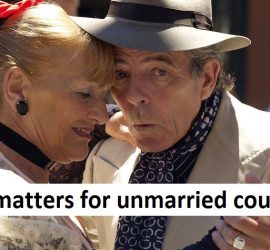The question of will forgery or undue influence of a Testator is not a common question, but one that does come up periodically in any Estate Planner’s office. The movies have given people certain expectations when it comes to a death in the family and probating a will: a book-lined office, the entire family assembled for a formal reading of the will, shocked and angry reactions as a loved one’s fortune goes to an unknown and unlikely character…
This Hollywood portrayal may be generally off base, but the basic premise is based on the very real feelings that come with the death of a loved one: helplessness, confusion, familial bonds, and sometimes even betrayal.
A Will doesn’t have to be forged for there to be strong feelings of anger or suspicion when the contents end up being different than the family was led to expect. And while forged or secret Wills may not be as common as the movies would have us believe, they aren’t completely unheard of either.
So what should you do if you suspect that the Will of a loved one has been forged or tampered with?
[Click the title to read the full post.]

